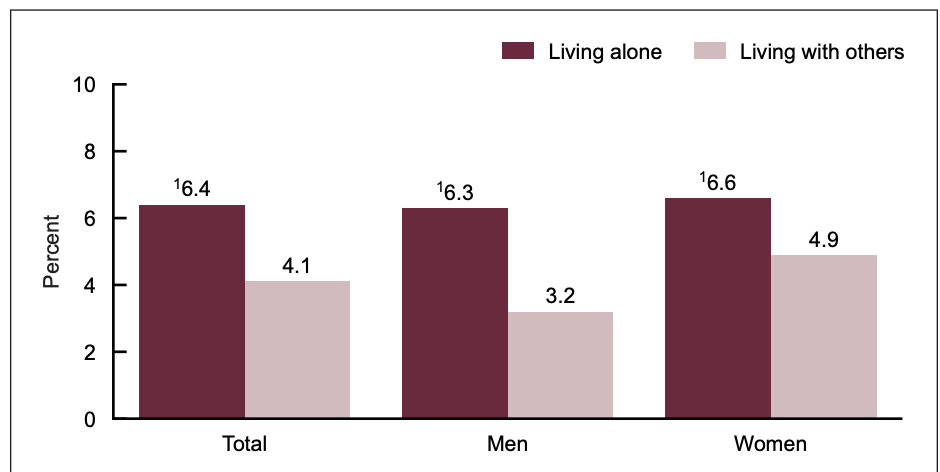closer look
Independent physicians are an endangered species, one says
Independent physicians are disappearing — a far cry from 40 years ago, when more than three in four doctors cared for patients in their own medical practices. Buffeted by rising costs and by lower reimbursements from Medicare, doctors are leaving private practice to become employees of hospitals or other entities, gastroenterologist Paul Berggreen writes in a STAT First Opinion. He's also a founding member of the American Independent Medical Practice Association, which advocates on behalf of independent physicians like himself.
Doctors caring for patients in their own practices used to be the bedrock of our health care system, offering better care at lower cost, in his view. "Disappearing independent docs ought to alarm patients and policymakers," he writes. "Patients and doctors deserve a system that puts their interests above hospitals' and insurers' bottom lines. Lawmakers can help create that system." Read more.
pandemic
Long Covid research gets a big bump
The NIH research initiative to study long Covid, called RECOVER, just got another $515 million to study the persistent condition. Amounting to a nearly 50% increase in the the project's budget, the additional funding will go toward testing treatments in clinical trials, studying how long Covid affects each part of the body, examining who fully recovers in the long term, and maintaining research infrastructure. "NIH expects this investment of time and resources in building a research program of this scale, scope and rigor will increase the odds in finding treatments that work," the agency said in its announcement.
But as STAT's Rachel Cohrs reminds us, STAT and MuckRock investigations previously found the project started off sluggishly and its timelines slipped repeatedly. Patients also expressed strong concerns that too few resources were being devoted to testing potential treatments. Critics of the project still have questions. Read more.
mental health
Living alone and feeling depression
Percentage of adults age 18 and older who experienced feelings of depression, 2021. NCHS
More Americans are living alone, and more of us are feeling lonely, a condition with risks U.S. Surgeon General Vivek Murthy calls as deadly as smoking. Today's new report from the CDC, based on survey responses, gives us some numbers to see the scope of the problem. As the number of people living alone grew by 4.8 million to 37.9 million from 2012 to 2022, that meant single-person households have more than doubled since 1962. Feelings of depression were higher among adults living alone (6.4%) compared with adults living with others (4.1%), for both men and women, across most race and Hispanic-origin groups, and by family income.
Living alone can be a preference as well as a reflection of physical independence, the researchers note. Still, nearly 1 in 5 adults living alone who never or rarely got the social and emotional support they needed also reported more feelings of depression, compared to 11.6% of adults living with others.


No comments